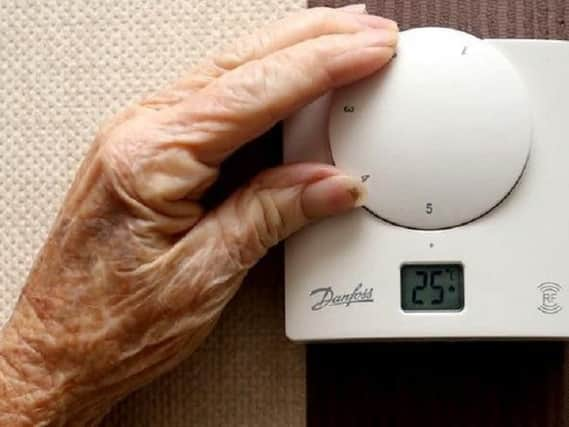Slowdown in help to tackle fuel poverty in Wigan


Energy suppliers are required to provide eligible households with free fuel-saving measures, such as loft insulation or replacement boilers, under the Government’s flagship Energy Company Obligation (ECO) scheme - a key part of its commitment to reduce greenhouse gases by 80 per cent by 2050.
But campaigners have warned of a “dramatic” UK slowdown in upgrades.
Advertisement
Hide AdAdvertisement
Hide AdIn Wigan, there were 1,261 energy efficiency upgrades last year, Department of Business, Energy and Industrial Strategy figures show: a 52 per cent drop on three years earlier. In total, 19,421 measures have been installed in 15,320 borough homes since the scheme’s 2013 launch.
This means 109 in every 1,000 households have benefitted from at least one ECO measure – higher than the national average of 92.
Across Great Britain, installations have fallen to their lowest level since 2013.
There were 12,500 improvements made to homes in February, latest national figures show: a fall of 33 per cent compared to the same period in 2013, and 84 per cent lower than a peak of 76,500 in 2014.
Advertisement
Hide AdAdvertisement
Hide AdGreen Party MP Caroline Lucas said the fall in support for fuel-poor households was “morally indefensible”.
Peter Smith, director of policy and research at anti-fuel poverty charity National Energy Action, said: “ECO in isolation is not sufficient to meet statutory fuel poverty commitments, and it’s hugely worrying the rate of home energy efficiency improvements continues to dramatically slow, particularly in England.”
The charity wants to see new central investment to tackle fuel poverty introduced in the upcoming government spending review, he added, which would also improve local air quality and reduce health and social care costs.